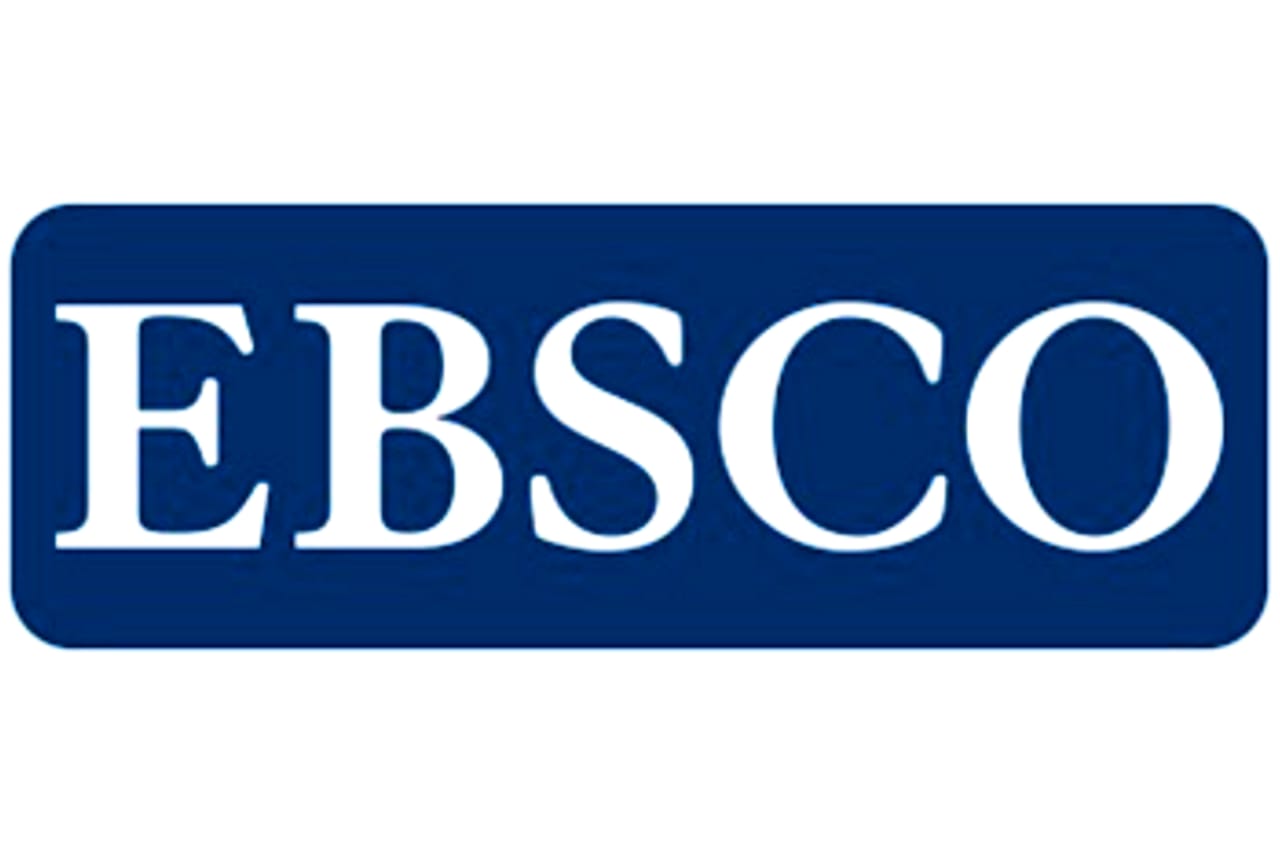Accounting, analysis and auditing integration as tools for effective company liability management
DOI:
https://doi.org/10.26577/CAJSH.2020.v7.i3.06Abstract
The article reviews the issues of effective management of the accounts payable, which financial stability and stability of the company depend on the state of the company, which is extremely important for business at the moment. Based on the analysis of scientific works of domestic and foreign scientists-specialists in the field of accounting, auditing and analysis, existing practice of company liability accounting, auditing and analysis organization, recommendations for effective management of accounts payable are developed and summarized. Recommend to make well-known coefficient analysis of the turnover of working capital, including for the management of accounts payable, which allows you to identify the weaker aspects of debt management practices. Foreign practice of company liability accounting, auditing and analysis is introduced. Examples of inefficient liability management in South African companies are given. The procedure for accounting of debts for which limitation period has expired and which has tax consequences, is briefly reviewed. Concluded that the majority of Kazakhstani companies carry out their activities at the expense of borrowed funds, since the share of their own funds in the capital is very low. When dealing with any contractors, it is important to remember that the business should bring benefit to both sides of transaction. The integration of accounting, analysis, and auditing of the company’s liabilities contributes to compliance with this simple rule.
Key words: liabilities, payables, accounting, audit and analysis system, accounts payable management, financial stability, solvency, borrowed capital, integration.










